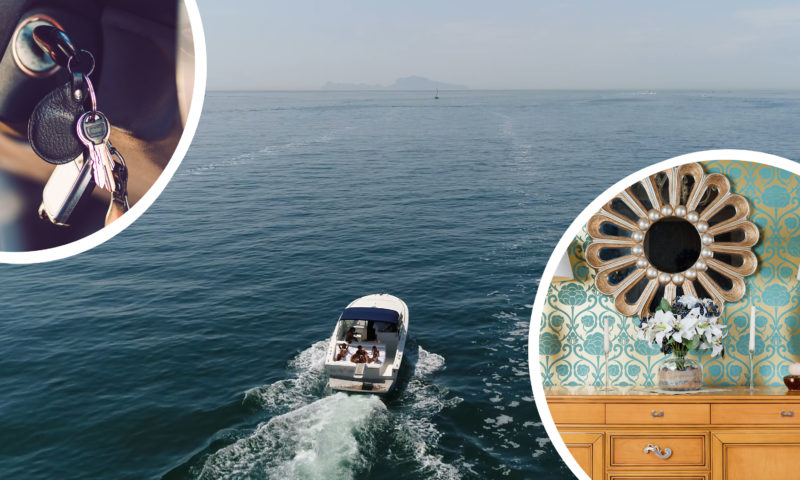
During such uncertain times, having some peace of mind will be a much-welcomed quality. When it comes to insurance, many get confused with the myths and hear-says passed around, and there is no better way to dispel those rumours with true facts coming from the experts themselves.
Having a secure insurance plan might make the difference between tranquility and distress. Check out some of the insurance misconceptions that are untrue and ensure your assets are safeguarded to the full to avoid any heartbreak.
Misconception #1: There is no need to review an insurance policy upon renewal.
Insurance policies are issued based on the value of the asset insured. Due to market changes and loss in value, assets’ worth might go up or down. As value decreases similarly to what happens with cars, so will an insurance policy premium and one may benefit from a price reduction. However, should an asset increase in value, such as a property, and it is insured at a lower price, any damages that occur will not be covered fully. The best way to ensure you are well covered is to provide your insurer with the correct asset value upon renewal.
Misconception #2: Insurance policies do not cover damages caused by an Act of God.
Act of God refers to damages brought about by unforeseen events caused by natural disasters such as torrential rain, hail storms, earthquakes and other natural phenomena. Comprehensive insurance policies cover damages experienced through most events because they are accidental.
Misconception #3: My boat is small – I don’t need marine insurance.
Boat insurance covers accidental damages experienced on both large vessels such as superyachts and smaller private pleasure craft. Given the expense many boat owners incur to purchase and keep their boat in tip-top shape, a marine insurance policy can help avoid financial implications; covering vessel damages and loss of apparel.
Misconception #4: Only the actual building cost is covered under home insurance.
Purchasing a property could potentially be the biggest investment one ever makes. A home insurance policy will include coverage for doors, windows, electrical and plumbing installations, solar panels, proportionate share of the common areas for apartments and many more. In simple terms, such a policy takes into consideration coverage to rebuild the property in its identical finished state, including the foundations. In cases of accidental fire, flooding, storms or other destruction, property owners will avoid large financial complications through a home policy.
Misconception #5: The travel insurance offered with my bank card offers all the coverage I need.
Read well the terms and conditions that come with such insurance policies. Very often, travel insurance offered by banks include a list of exemptions that do not cover certain financial burdens one might incur when abroad; whether it is a business trip or a personal vacation. Keep your destination and activities in mind. For instance, winter sports is not automatically included in travel policies and needs to be added as an extension.
Misconception #6: I should save on the home insurance premium by only insuring a few things.
Securing over the well-being of home possessions is many times in the hands of destiny. Home policy holders have to insure all their home contents, even basics such as bed linen and personal clothing. Make sure your sum insured reflects the replacement cost of all your contents or else one will suffer from “under insurance”, meaning that following a claim, the amount claimed is likely to be reduced in proportion.
Misconception #7: Comprehensive motor insurance will cover me for everything.
Comprehensive motor insurance policies offer increased level of protection when compared to third-party policies or third-party fire and theft. The owner should discuss all the terms of the comprehensive car insurance policy with the insurer to be aware of any exclusions.
Misconception #8: My home insurance will still apply if I rent out the property.
A home policy can still apply if there are non-household members residing with the owners. If the owners have welcomed paying guests such as students within their premises, a home policy can be extended to cover them as well. However, when the residential building is being used for rental purposes, home insurance is replaced with a landlord policy that covers damages and third-party liability.
Misconception #9: I can leave the air-condition on in the car whilst I pop out quickly.
In order to leave your AC on as you quickly head into a shop or pick up something from home would require leaving the engine running, with the keys plugged into the ignition. This might look like a personal invitation for burglars to heist the car. The ‘keys exclusion’ under a car insurance policy implies that the owner will not be insured if the car or keys are stolen.
